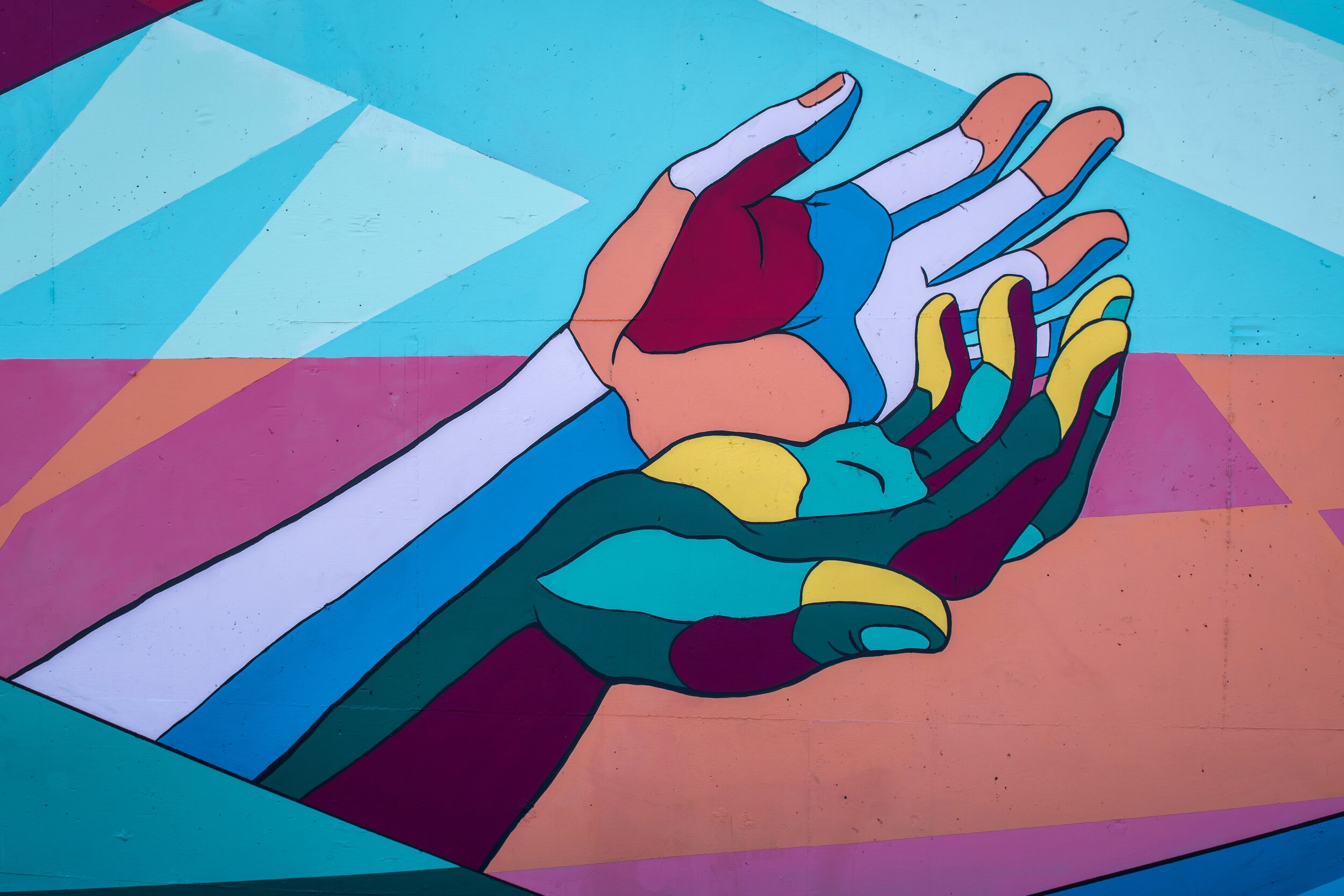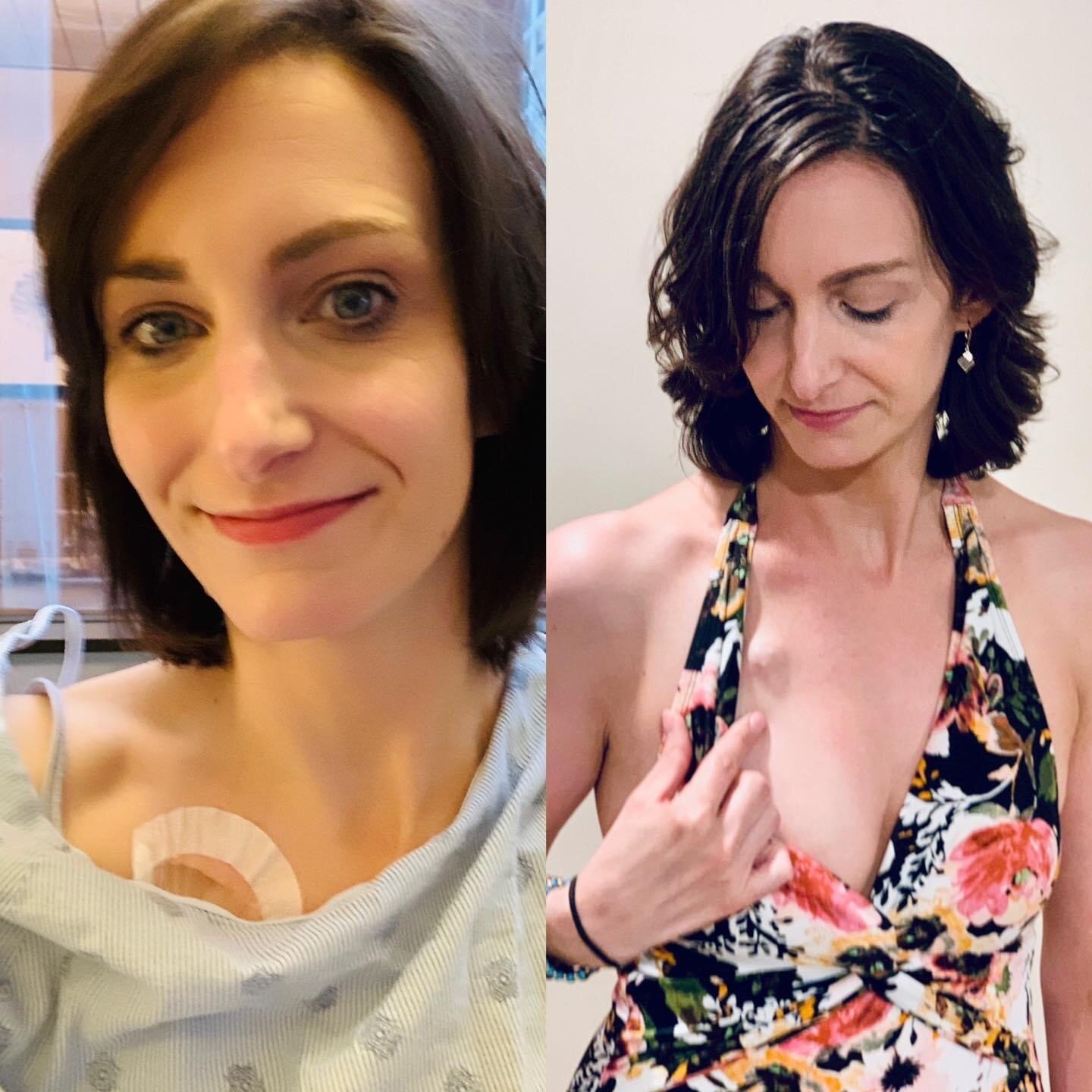How do you support someone just diagnosed with cancer?
When someone you love gets diagnosed with cancer, you often wonder what you can do to help support them during such challenging times. The time between getting diagnosed to beginning treatment can range from a few weeks to a month or more. Knowing what to say or do to help support your loved one can be difficult, especially when their diagnosis and treatment plan is still unknown. As a recent cancer survivor, here are some simple and thoughtful ways to help and support someone during their cancer fight.
1. Show Support on Treatment Days
Find out your friend or loved one’s treatment schedule and then work out a plan with other friends and family members to support them on their treatment days. Once treatment begins, it typically follows a predictable schedule. Chemotherapy is usually given in cycles over several months. A series of cycles is called a course of treatment. Understand how many treatments they will require per cycle for their course of treatment. For example, during my chemotherapy, one cycle equaled two treatments. I had two weeks off in between chemo sessions. In total, my course of treatment included three months of immunotherapy, followed by six cycles (or twelve treatments) of AVD chemotherapy. It’s important to note, people respond differently to chemo so they may need extra support for a few days following treatment. For instance, I often felt the worst on day four after a chemo infusion. Work out a plan with other friends and family to help support them during treatment and in between cycles. Can you help with childcare or rides to treatment? Friends and family can also show support at a distance by all wearing the same color shirt or socks on treatment days.
2. Organize a Meal Train
Websites and apps like Meal Train, TakeThemaMeal, or Give InKind make it easy to organize a meal train with friends and family members to support someone during their cancer fight. You can enter likes, dislikes, food allergies, make a wish list, fundraise, and list the best times to drop off meals. Shared virtual calendars help you coordinate meal deliveries, and you can also send gift cards to local restaurants or food delivery services like GrubHub, DoorDash or UberEats.
3. Offer House Cleaning Services
A clean home is of the biggest ways to help support a friend or loved one during their cancer journey. You and other family and friends could take turns cleaning their house or helping with laundry during treatment. If you can’t physically help clean, consider buying a cleaning package or gift certificate from a local cleaning service in their area. Cleaning services like Molly Maid and Merry Maid offer gift certificates and have locations nationwide. Many cleaning services have recently partnered Cleaning For A Reason to provide discounted pricing and services for cancer patients in the United States and Canada.
4. Help with Grass-Cutting/Yard Clean-Up
Offer to mow your friend or loved one’s grass or help tidy up their yard or garden. Helping out as much as once or twice a month can make a huge difference. If you’re unable to help physically, consider hiring a lawn care service to help them care for their home while they are in treatment. Paying for gutter-cleaning or one-time fall or spring-clean up services through sites like Groupon is another great way to help a friend or loved one with home maintenance during their cancer fight.
5. Decorate Their Home to Show Support
Consider surprising your loved one before they begin treatment or during treatment milestones by decorating their yard or the outside of their home with lights, signs, and balloons to show support. You can find a great assortment of yard signs and lights on Etsy and Amazon.
6. Organize a Drive-by Parade
Drive-by parades are a great way to show support and let your friend or loved one know they aren’t fighting cancer alone. Consider planning a parade to encourage them before their first treatment to celebrate reaching remission or their final treatment.
Supporting Cancer Fighters from a Distance:
How can you help or support your friend or loved one through their treatment, especially when you’re not able to be with them?
1. Call and Text Regularly
Knowing what you need when you’re fighting cancer can be difficult. Your feelings and needs often change as you go through treatment. Make sure to call or text your friend or loved one regularly to let them know you are thinking of them and wishing them well. Messaging them throughout their treatment can make a huge impact. Research shows prayer and a strong support system can greatly improve treatment outcomes.
2. Send a Card
Mail your friend or loved one a card or send a virtual greeting card to help brighten their day and lift their spirits. Knowing what to say or write to someone diagnosed with cancer can be difficult, but there are many great sites like Live Better With and Not Another Bunch of Flowers that have the perfect messages to uplift and inspire the fighter in your life. Soul Lite Cards will mail complimentary hand-made art or photo cards to your friend or loved one. You can contact Soul Light Cards through email, Instagram, or Facebook to receive a card or send one to a friend or family member.
3. Grocery Gift Cards & Meal Delivery Services
One of the last things a cancer fighter should have to worry about is their meals or how they will pay for their family’s grocery bill. Consider sending a gift cards for a local grocery store or gifting a subscription to a grocery delivery service like Shipt, InstaCart, Thrive Market, or Fresh Direct.
4. Send a Care Package
While you can’t change your loved one’s diagnosis or treatment, you can do something to make that process a little more enjoyable, especially when they are facing chemotherapy. Chemo treatments can be long, tiring, and uncomfortable. By putting together a cancer care package, you can stand by your loved one going through treatment. Warm blankets and socks, lip balm, lotions, headwear, and personalized water bottles are wonderful items to include in a cancer care package. Organizations like Battle Cap Project, Warrior Bags, Tenaciously Teal, Lemons of Love, and Chemo Kits offer various care packages you can send a friend or loved one. Click here for a list of organizations currently providing free cancer care packages.
5. Gift Streaming or Subscription Services
Chemotherapy sessions can typically last for hours. Some of my favorite things to do during treatment were to listen to audiobooks, read, or watch movies. Consider sending an Amazon Prime, Netflix, Disney+, or Audible membership. Audible members can also easily send others books or credits to enjoy free audiobooks, even if the recipient is not a current Audible user.
Knowing what to say to a friend or loved one diagnosed with cancer can be difficult, but it’s important to remember they will need continual support beyond their initial diagnosis. At the beginning of an illness, there tends to be a flood of support, and then it begins to trickle. It’s important to remember that the help is not just needed when a person is in the hospital or active treatment. The effects of cancer can last well into remission and long after treatment has ended.
Remember that there are no rules when it comes to supporting your friend or loved one through cancer. Although you may feel uncomfortable or even scared, make sure to treat your friend or loved one the same way you treated them before the diagnosis. No matter how you reach out, whether it’s in person by phone, email, or text, what you say and how you say it—it’s important to reassure your friend or loved one they aren’t in this fight alone.
Cancer Support & Care Package Organizations Quick Links:
Here are some great charitable organizations to check out for cancer care packages and more.
Learn more about my efforts to help support other cancer fighters through the Hopeful Warrior Project.
Visit my Resources page for more information to help support you or a loved one during their cancer journey.










